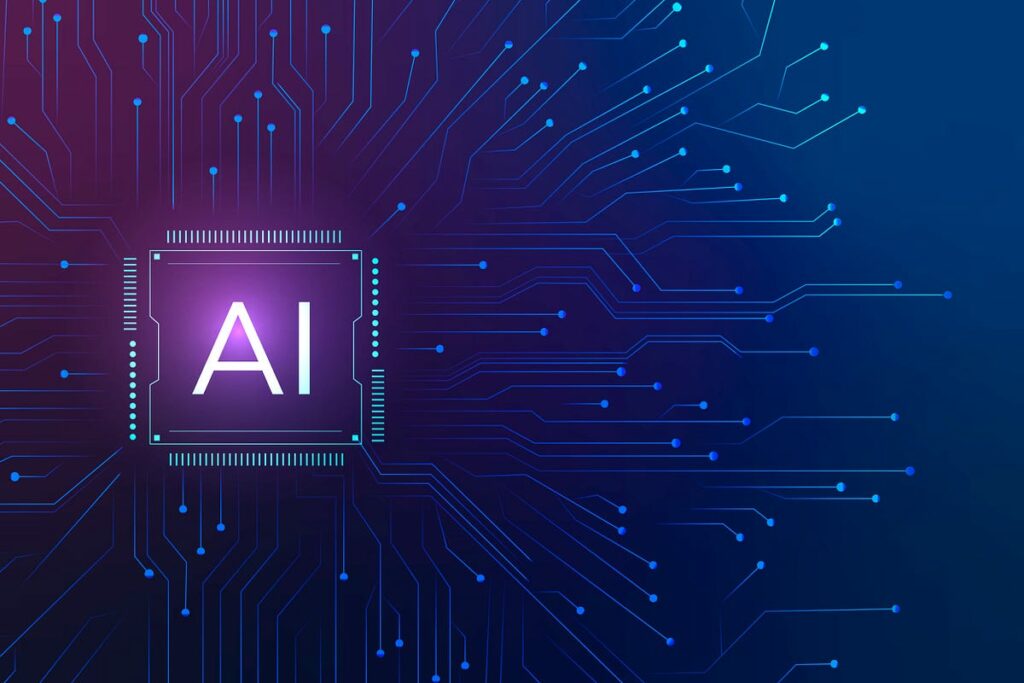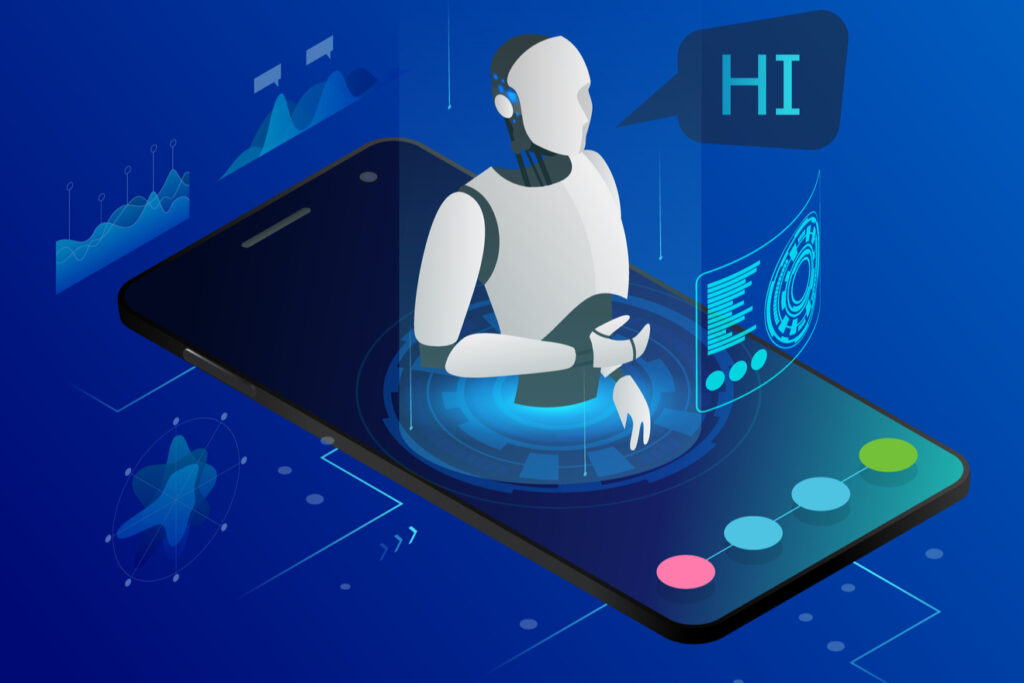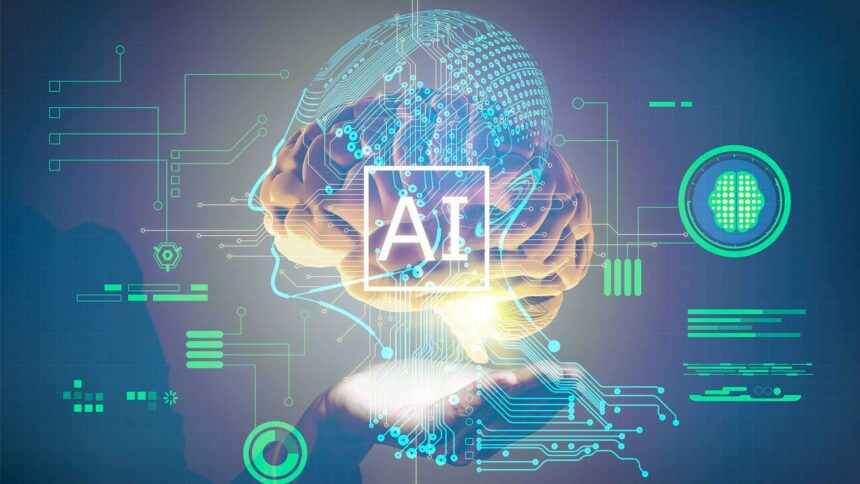In the ever-evolving landscape of artificial intelligence (AI), 2024 is poised to be a year of remarkable advancements and challenges. As AI continues to integrate into our daily lives at an accelerated pace, understanding the key trends and preparing for the future becomes paramount. In this article, we delve into the ten most important AI trends for 2024, offering insights and tips to navigate this transformative era.

1. Beyond words and pictures
The next generation of generative AI tools is set to redefine our digital experiences. Moving beyond chatbots and image generators, we can anticipate the emergence of generative video and music creators. These tools, embedded in creative platforms and productivity tools, will offer exciting applications such as generative design tools and voice synthesizers. The ability to discern between real and computer-generated content will become a valuable skill in this evolving landscape.
2. Ethical AI
As AI’s potential for disruption grows, the focus on ethical AI becomes increasingly vital. Mitigating issues like bias, lack of transparency, and job displacement will remain at the forefront. The demand for AI ethicists will rise, ensuring businesses adhere to ethical standards and implement safeguards against potential harms caused by unchecked AI development.
3. AI in customer service
AI’s integration into customer service operations is poised to streamline routine procedures, allowing for more efficient human engagement in critical tasks. From triaging initial contact calls to generating personalized solutions, AI bots are expected to play a significant role, with a Boston Consulting Group survey revealing that 95 percent of customer service leaders anticipate the use of AI bots in the next three years.

4. Enhancing human capabilities
In 2024, the focus shifts to augmenting human intelligence and capabilities for faster, more efficient, and safer job performance. Whether you’re in law, medicine, coding, or academia, AI will serve as a valuable tool, aiding in tasks ranging from summarizing case law to assisting doctors in note-taking.
5. Low-code and no-code software engineering
The rise of low-code and no-code tools, facilitated by generative AI like ChatGPT, is democratizing application development. While coding jobs won’t vanish, individuals with innovative ideas but not necessarily extensive technical skills will find exciting opportunities in this evolving landscape.
6. AI-augmented apps
The integration of generative AI functions into various software applications is gaining momentum. From search engines to productivity tools, the incorporation of chatbot functionality enhances the customer experience. Privacy concerns are expected to be addressed as AI providers adapt their services to meet evolving market requirements.

7. AI jobs
A surge in AI-related job opportunities is anticipated in 2024. Beyond traditional roles in engineering, new positions like prompt engineers, AI managers, and ethicists will emerge. This diversity caters to individuals with varying skills and interests, expanding the scope of AI-related careers.
8. Quantum AI
Quantum computing’s intersection with AI is an evolving trend with the potential to significantly impact certain compute workloads. As quantum algorithms progress, expect more applications in AI, accelerating the efficiency of neural networks and algorithms.
9. Upskilling for the AI revolution
The mantra that AI won’t take jobs, but people who use AI will, underscores the importance of upskilling. Understanding AI’s impact on professions and developing the ability to leverage AI tools for specific tasks will be a crucial workplace skill.

10. AI legislation
Legislators are grappling with the transformative impact of AI, prompting the development of regulations worldwide. Each piece of legislation aims to strike a balance between protecting citizens and fostering innovation. The ongoing debate around these regulations is expected to be a significant element of political discourse in 2024.
In conclusion, as AI continues its rapid evolution, staying informed and adaptable is key. Embracing these trends and proactively addressing associated challenges will empower individuals and businesses to harness the full potential of AI in 2024 and beyond.







